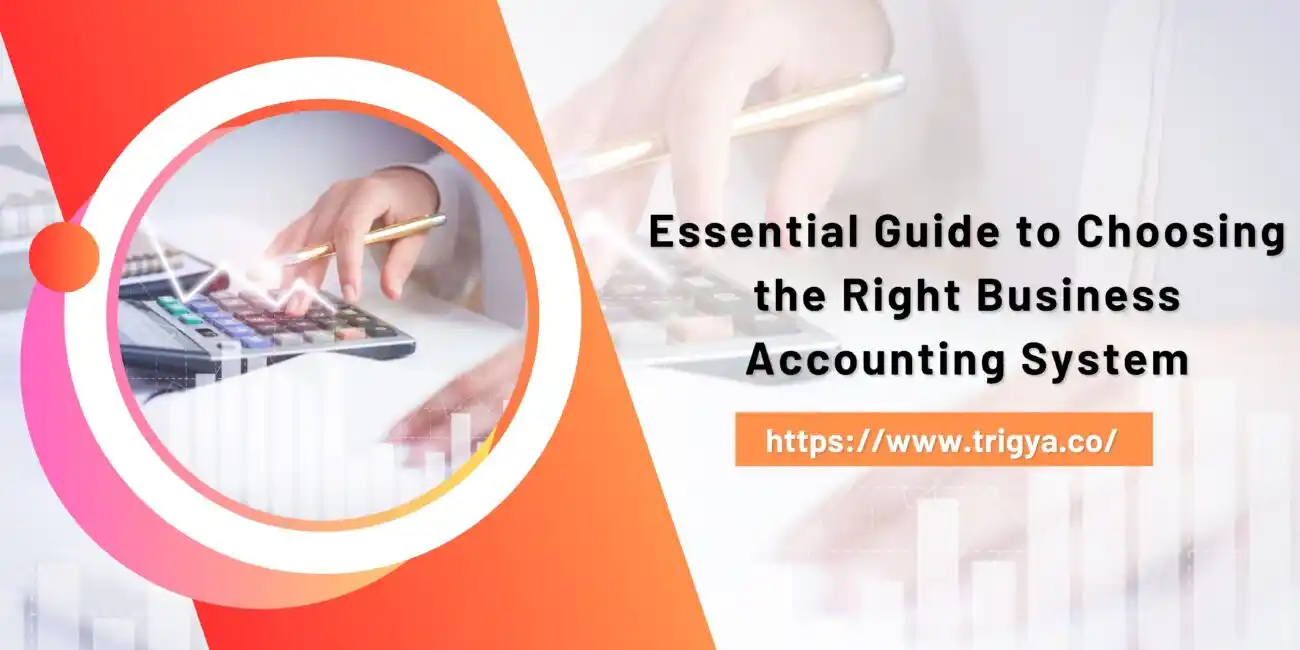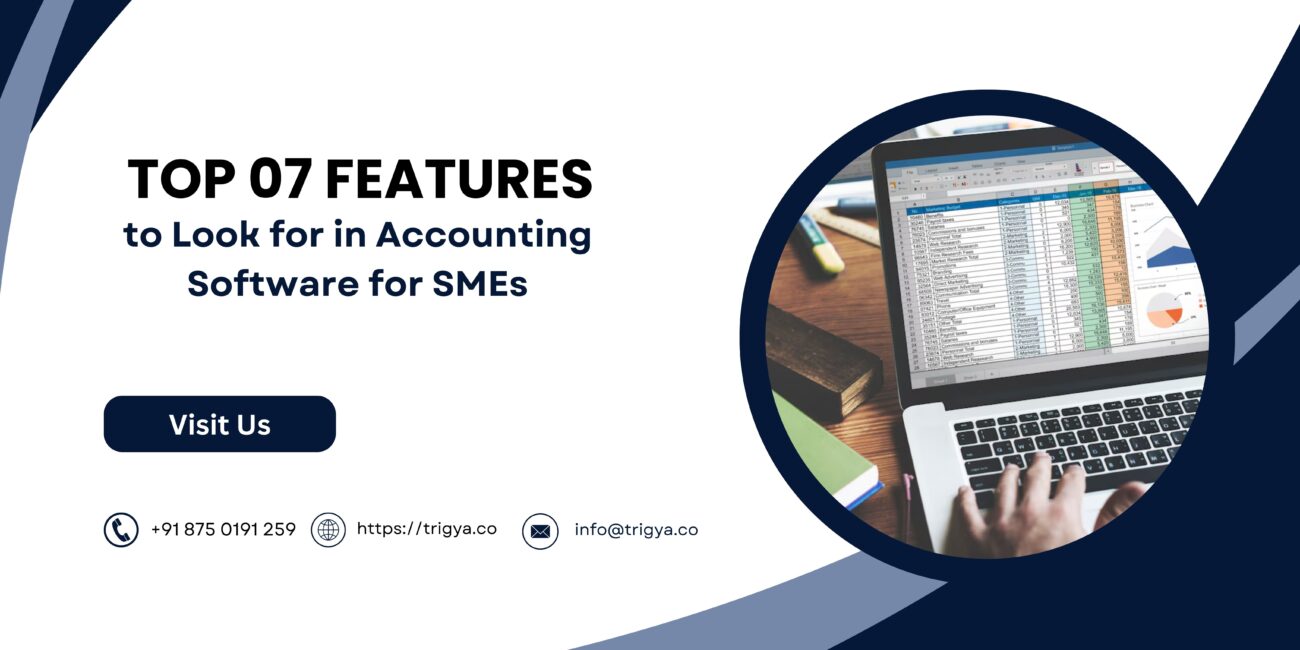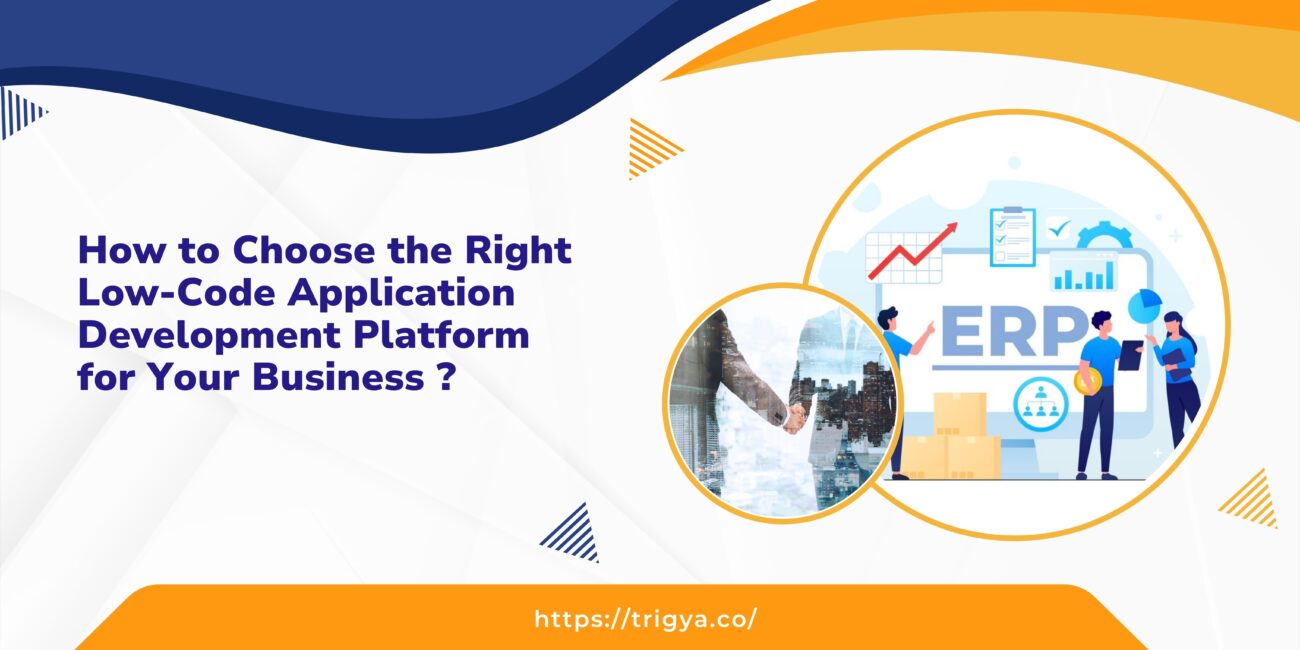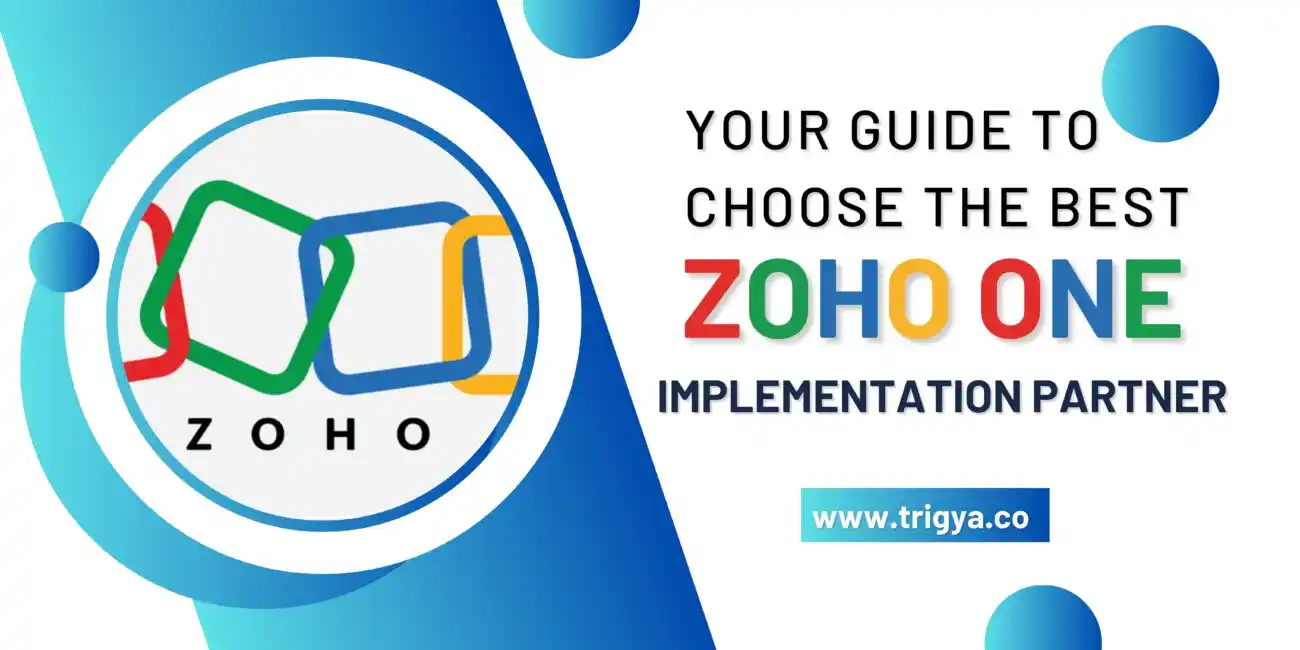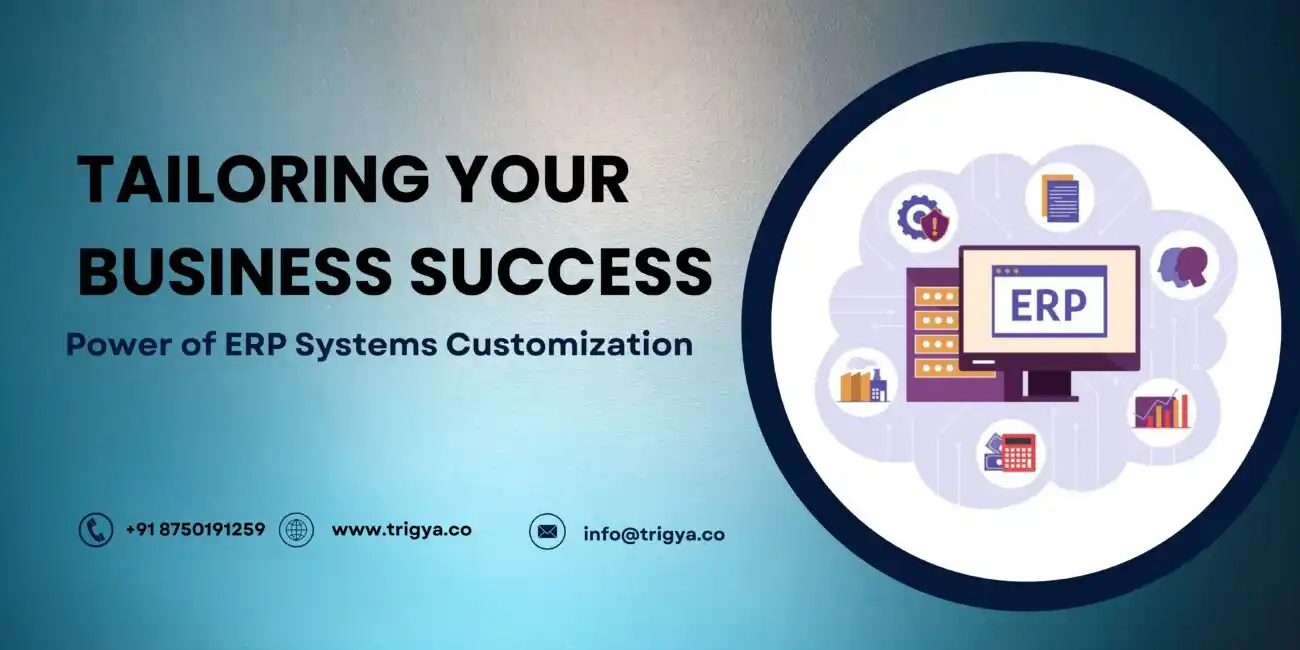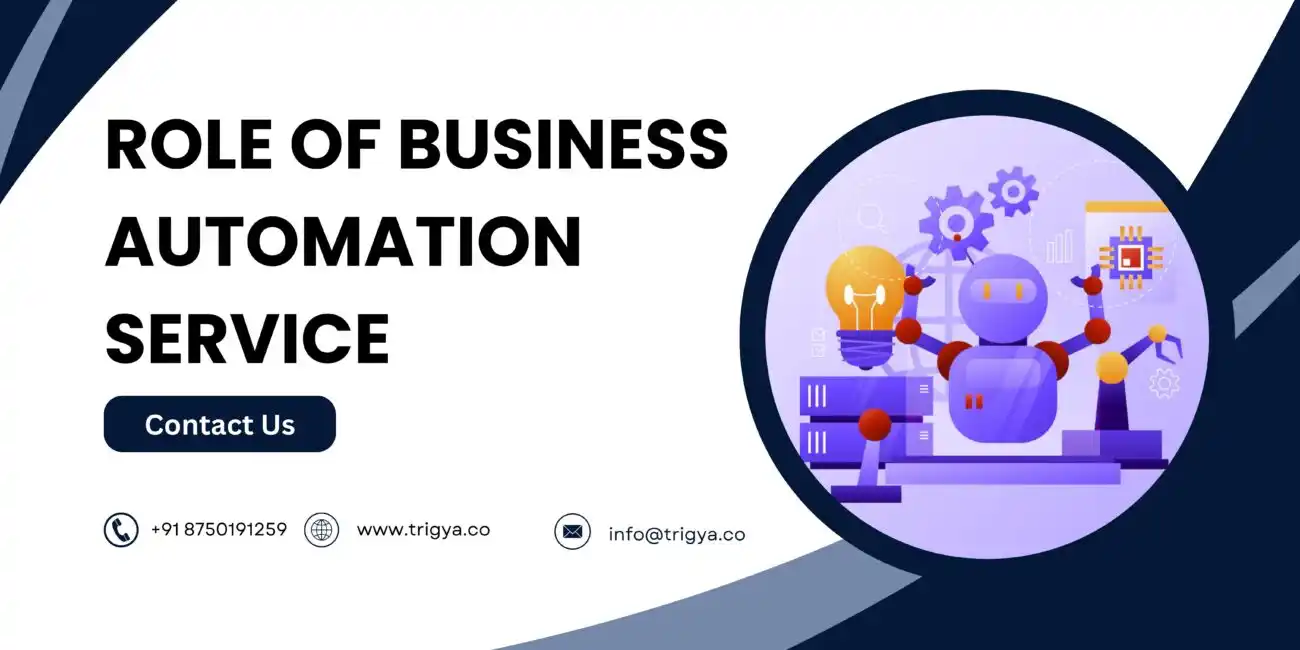A business accounting system is an essential tool for any organization, providing the framework needed to manage financial data effectively. With the rapid growth of technology and cloud computing, these systems have evolved significantly, enabling businesses to automate their accounting tasks and improve overall efficiency. This comprehensive guide will explore the fundamental aspects of a business accounting system, the benefits it provides, key features to look for, and tips for selecting the right system for your organization.
Understanding the Business Accounting System
A business accounting system is a software application that helps businesses manage their financial transactions, including income, expenses, payroll, and reporting. It provides a centralized platform for recording and processing financial data, ensuring accuracy and compliance with accounting standards. The primary purpose of this system is to simplify the accounting process, allowing businesses to focus on growth and innovation rather than being bogged down by manual tasks.
The Evolution of Business Accounting Systems
Over the years, business accounting systems have transitioned from traditional paper-based methods to advanced software solutions. In the past, accountants spent hours manually entering data and preparing financial reports. Today, cloud-based accounting systems automate these processes, enabling businesses to access real-time financial data from anywhere with an internet connection. This evolution has not only improved efficiency but has also transformed how organizations approach financial management.
Key Components of a Business Accounting System
A robust business accounting system typically includes several key components that work together to provide comprehensive financial management. These components include:
- General Ledger: The core of any accounting system, the general ledger records all financial transactions and provides a complete overview of a company’s financial health.
- Accounts Payable and Receivable: These modules help businesses manage their incoming and outgoing payments, ensuring timely payments to vendors and efficient collection of customer payments.
- Payroll Management: A crucial component for any organization with employees, payroll management systems automate the calculation and distribution of employee wages, taxes, and benefits.
- Financial Reporting: A strong accounting system generates various financial reports, such as balance sheets, income statements, and cash flow statements, providing valuable insights into a business’s financial performance.
- Budgeting and Forecasting: Many accounting systems offer budgeting and forecasting tools that help businesses plan for the future by analyzing historical data and predicting future trends.
Benefits of Implementing a Business Accounting System
1. Enhanced Financial Accuracy
One of the primary advantages of a business accounting system is its ability to reduce human errors. Automated processes minimize the risk of data entry mistakes, ensuring that financial records are accurate and up-to-date. This accuracy is crucial for making informed business decisions and maintaining compliance with tax regulations.
2. Increased Efficiency
With the automation of routine tasks, such as invoicing and payroll processing, businesses can significantly increase their operational efficiency. Employees can focus on strategic initiatives rather than spending time on manual data entry, leading to improved productivity and overall performance.
3. Real-Time Financial Insights
A modern accounting system provides real-time access to financial data, allowing businesses to monitor their cash flow, expenses, and overall financial performance. This information is invaluable for making timely decisions and responding to any financial challenges that may arise.
4. Improved Compliance
Many accounting systems are designed to help businesses stay compliant with relevant tax laws and regulations. They often include features for generating necessary reports and documentation, simplifying the compliance process and reducing the risk of penalties.
5. Better Collaboration
Cloud-based accounting systems facilitate better collaboration among team members. Multiple users can access and work on financial data simultaneously, improving communication and ensuring everyone is on the same page when it comes to financial decision-making.
Key Features to Look for
It’s essential to consider the key features that will best serve your organization’s needs. Here are some critical features to look for:
1. User-Friendly Interface
An intuitive, user-friendly interface is crucial for ensuring that employees can navigate the system with ease. A well-designed accounting system should minimize the learning curve, allowing staff to quickly become proficient in using the software.
2. Automation Capabilities
Choose a system that offers robust automation features to streamline accounting tasks. Look for capabilities such as automated invoicing, payment reminders, and expense tracking, which can save time and reduce the risk of errors.
3. Integration Options
A good accounting system should seamlessly integrate with other software tools your business uses, such as customer relationship management (CRM) systems, inventory management solutions, and e-commerce platforms. Integration ensures that all your business data is synchronized, providing a comprehensive view of your operations.
4. Scalability
As your business grows, your accounting needs will likely evolve. It’s essential to select a system that can scale with your organization, offering additional features and support as required. This flexibility will save you time and resources in the long run.
5. Robust Security Features
Security is a top priority when it comes to financial data. Ensure that the accounting system you choose has robust security features, such as encryption and secure cloud storage, to protect your sensitive information from unauthorized access.
FAQs
1: What is a business accounting system?
A business accounting system is software that helps organizations manage their financial transactions, including income, expenses, payroll, and reporting. It automates accounting tasks, ensuring accuracy and compliance with accounting standards.
2: How can a business accounting system improve financial accuracy?
A business accounting system reduces human errors by automating data entry and calculations. This ensures that financial records are accurate and up-to-date, enabling businesses to make informed decisions.
3: What key features should I look for in a business accounting system?
Key features to consider include user-friendly interface, automation capabilities, integration options, scalability, and robust security features. These components help streamline accounting processes and protect sensitive financial data.
4: How can Trigya Innovations assist with choosing a business accounting system?
Trigya Innovations offers tailored accounting solutions designed to meet the unique needs of small businesses. Their expertise ensures that you select the right system to enhance financial management and support business growth.
Conclusion
A reliable business accounting system is vital for the success of any organization, providing the tools necessary to manage finances effectively. By automating accounting tasks, improving accuracy, and offering real-time insights, these systems can transform how businesses operate. For those looking for tailored solutions that meet the unique needs of small businesses, Trigya Innovations offers exceptional online accounting services designed to enhance financial management and support growth. Embracing a robust accounting system is a significant step toward achieving long-term success in today’s competitive landscape.


